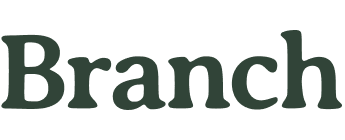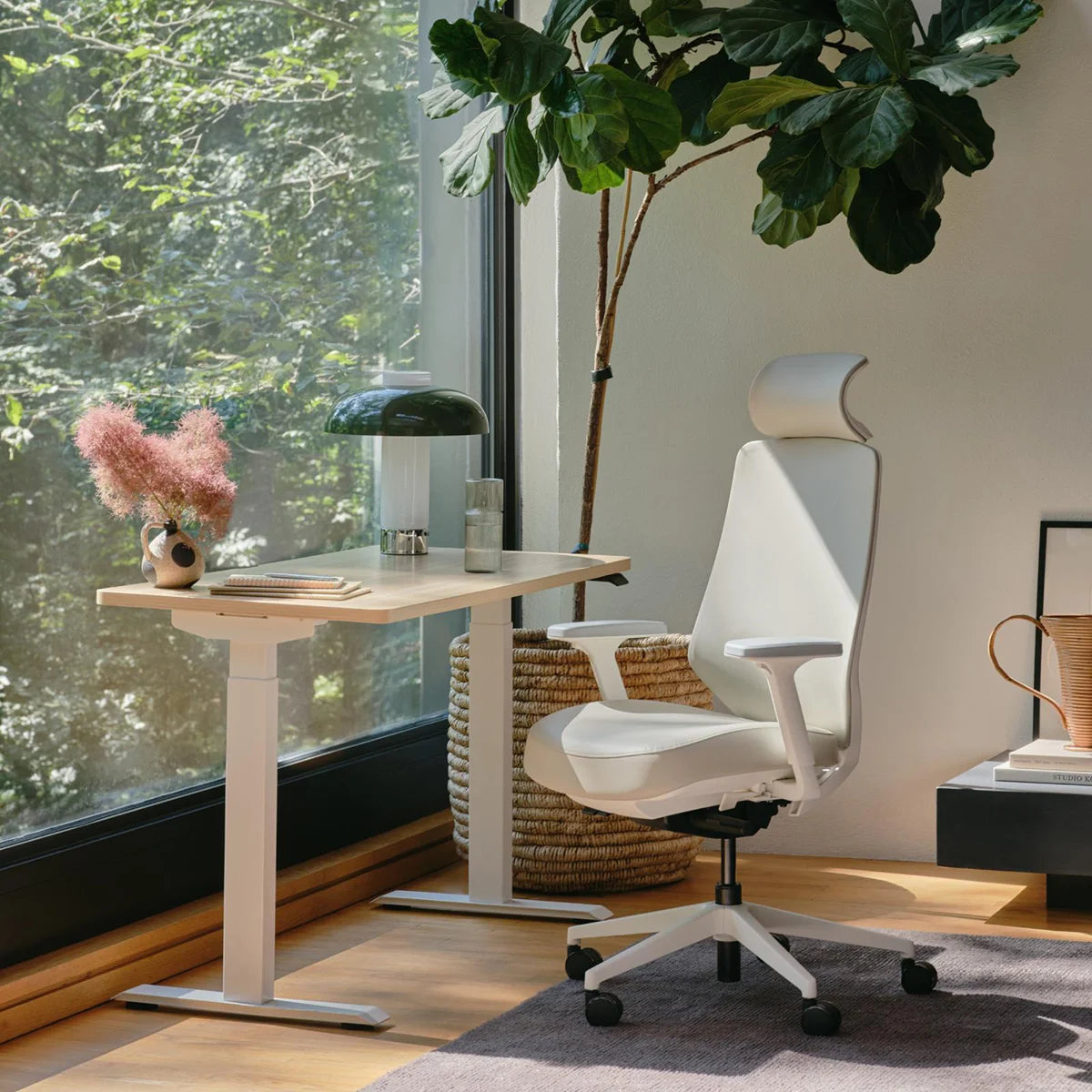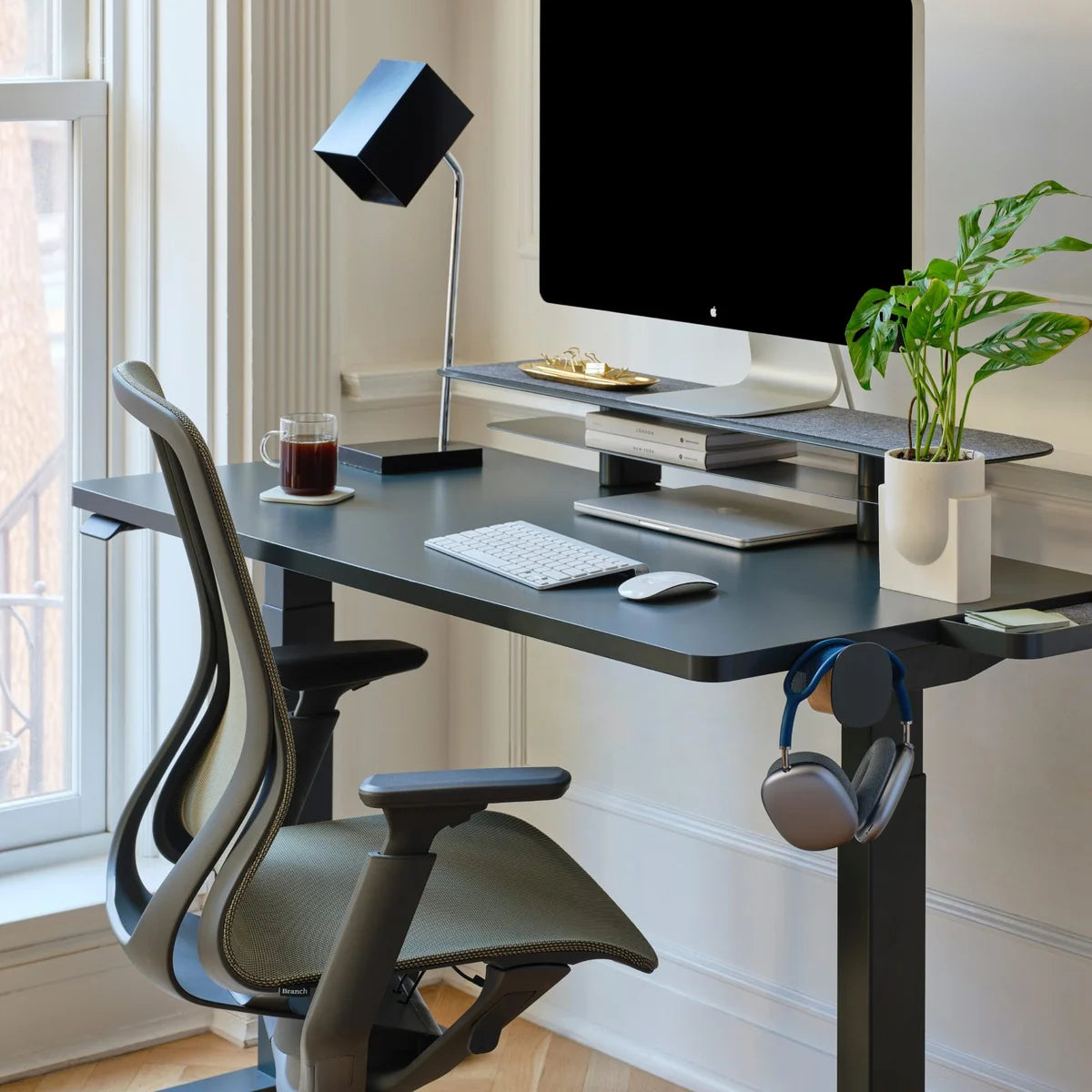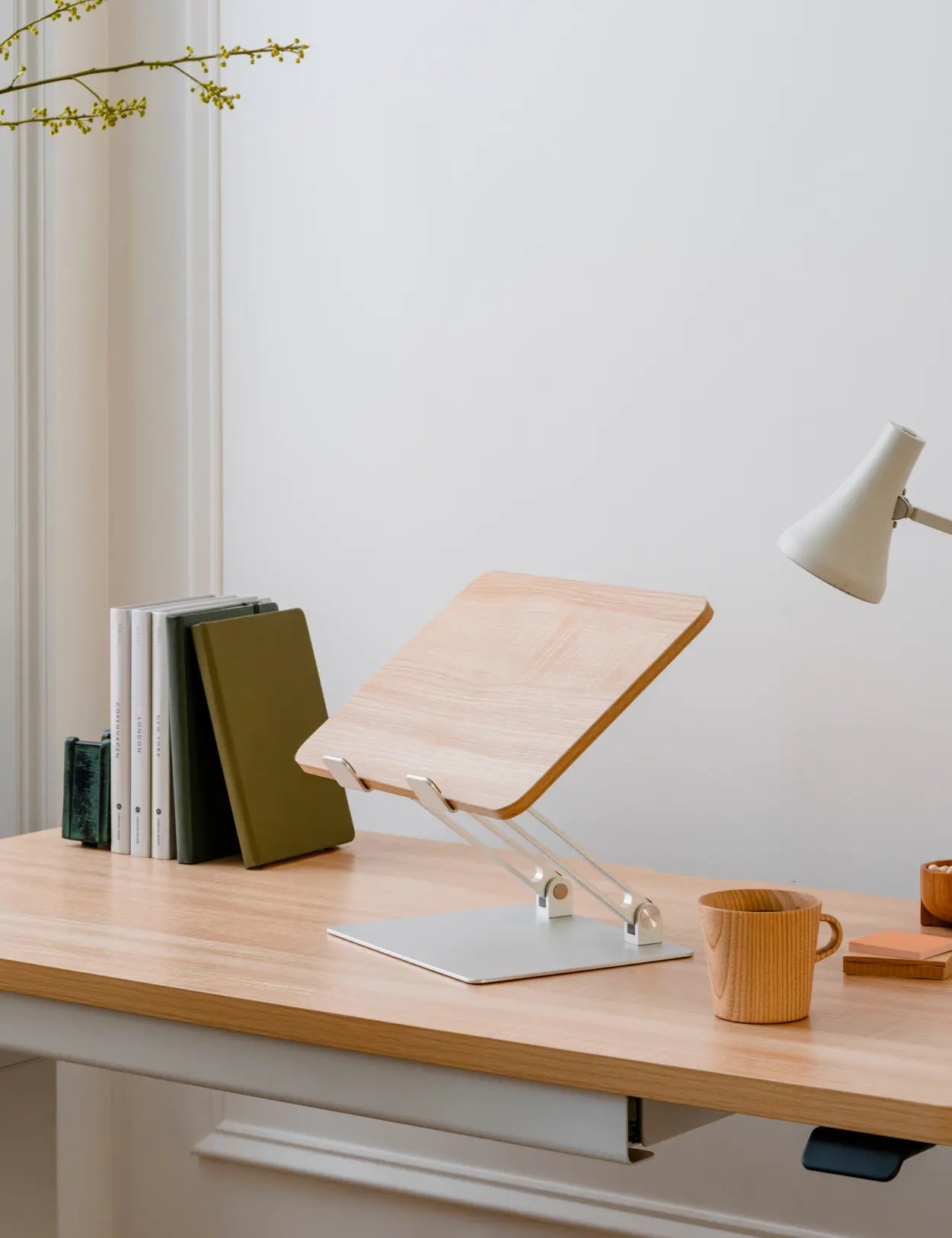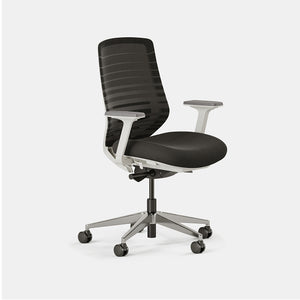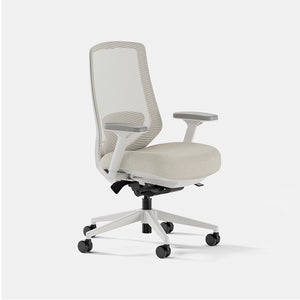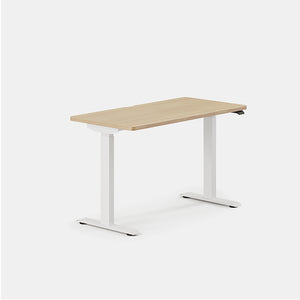I was born and raised in Colorado, and have grown up always valuing natural products. The inspiration for Cleancult came when I was looking at the labels on my cleaning products, and couldn’t find any ingredients I recognized. I was already buying organic food, shampoos, you name it, but cleaning products had never really been on my radar. I started to do some research and discovered that there is no regulatory body on top of cleaning products—it’s actually a really dirty industry. You have 1,200 chemicals allowed here that are banned overseas, with very few healthy alternatives.
At Babson college, I fell in love with entrepreneurship. My goal became to create a natural household cleaning brand using products that were actually natural, with packaging that was zero-waste and with formulas that were really powerful. There’s a lot of problems with cleaning, but there’s also a huge opportunity. We’d been seeing so much amazing growth in DTC these past few years, but we hadn’t yet with cleaning. In 2017, Cleancult was born!
Half of your team is now based in Puerto Rico, right? Can you tell us about that?
Yes, half of our team is based in New York and the other half is based in Puerto Rico. It’s an interesting story. In 2017 we were sponsored by the National Science Foundation to move to Puerto Rico. Through a host of odd and fortunate events, we eventually found out that over 60% of the world’s pharmaceutical companies used to be based on the island, until Congress changed a few tax loopholes. That meant that there were plenty of excellent labs, R&D, and design infrastructure there. So, we decided to base that part of our business in Puerto Rico, while basing our other functions like sales, operations, and marketing in New York.
This means that we’ve always had remote work as an integral part of our culture, which I think has given us a leg up in terms of making this transition to fully remote. Currently, our team is working from all over—we have employees that are based in New York, Puerto Rico, Ohio, California, and North Carolina, among other places.
I'd imagine there's still been a large transition from working in an office on a typical day to working from home. How has that been for you?
I think for me I tend to struggle with transitions. When I get up it's hard to start working, and at the end of the day, it's hard to unplug. I used to always walk to and from work, which helped me transition into the right frame of mind. At home, I didn't have that trigger. I'll wake up, drink some coffee, and slowly slip into the work mindset. Before I know it, it's noon and I still don't feel like my mind is as clear as it really could be.
Even though we have probably been, as a company, our most productive since COVID started, from a personal wellness perspective, I think it's lower than working from the office. That's one of the reasons we're going to push for reopening the office as soon as it is safe.
I've been working from Maine for a while, but am looking forward to getting back to New York to be at a proper desk! I’ve just been bringing my massive 50-inch monitor in a suitcase wherever I go.


